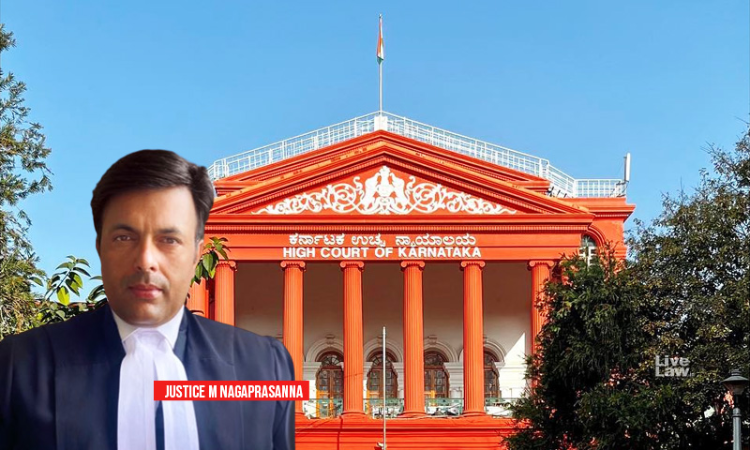The Karnataka High Court has quashed charges of rape levelled against an accused who was booked on the complaint made by the victim, after the accused refused to marry her on being in a relationship with her for over five years.A single judge bench of Justice M Nagaprasanna partly allowed the petition filed by Mallikarjun Desai Goudar and quashed charges levelled under sections 376,...

